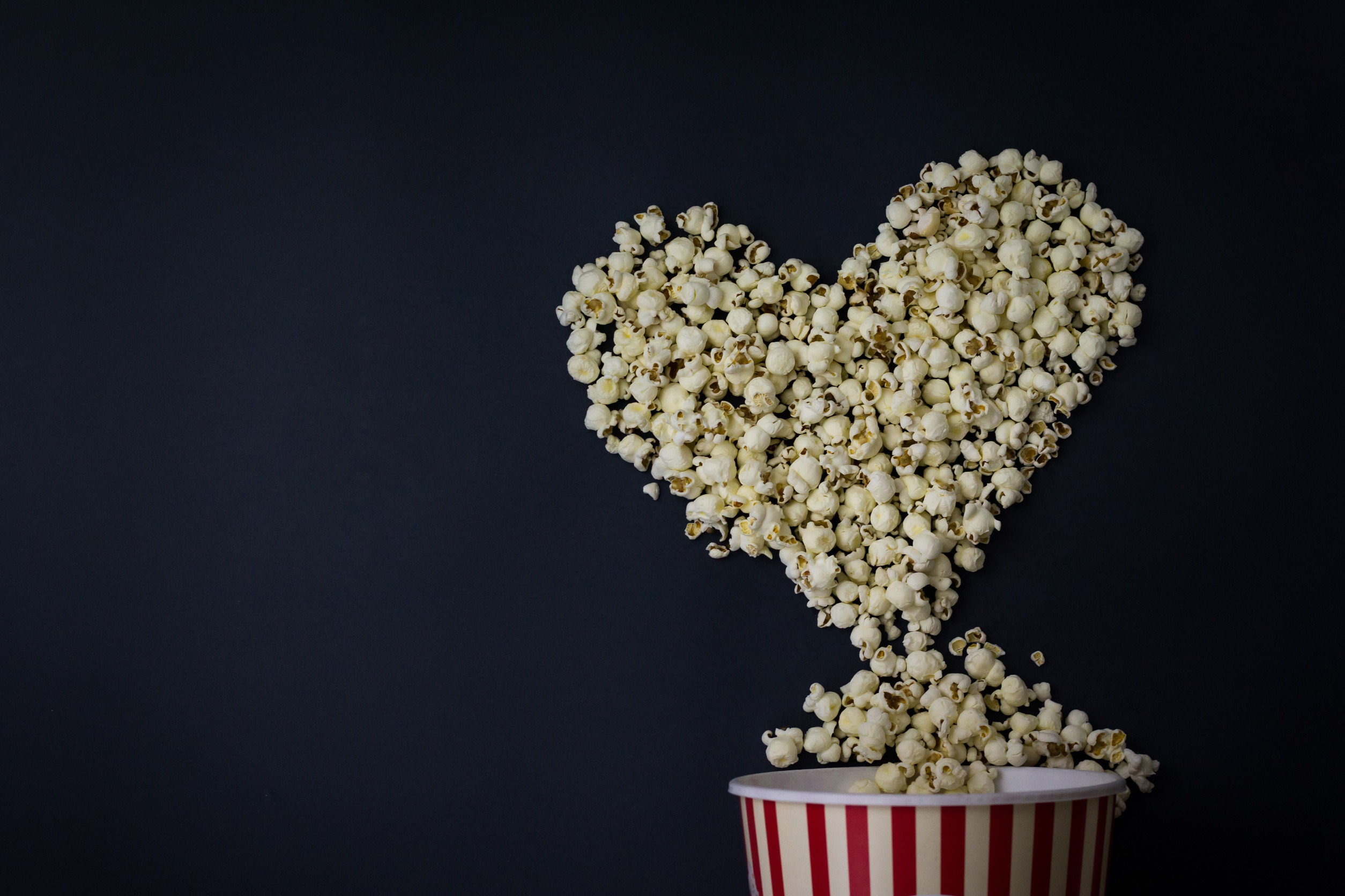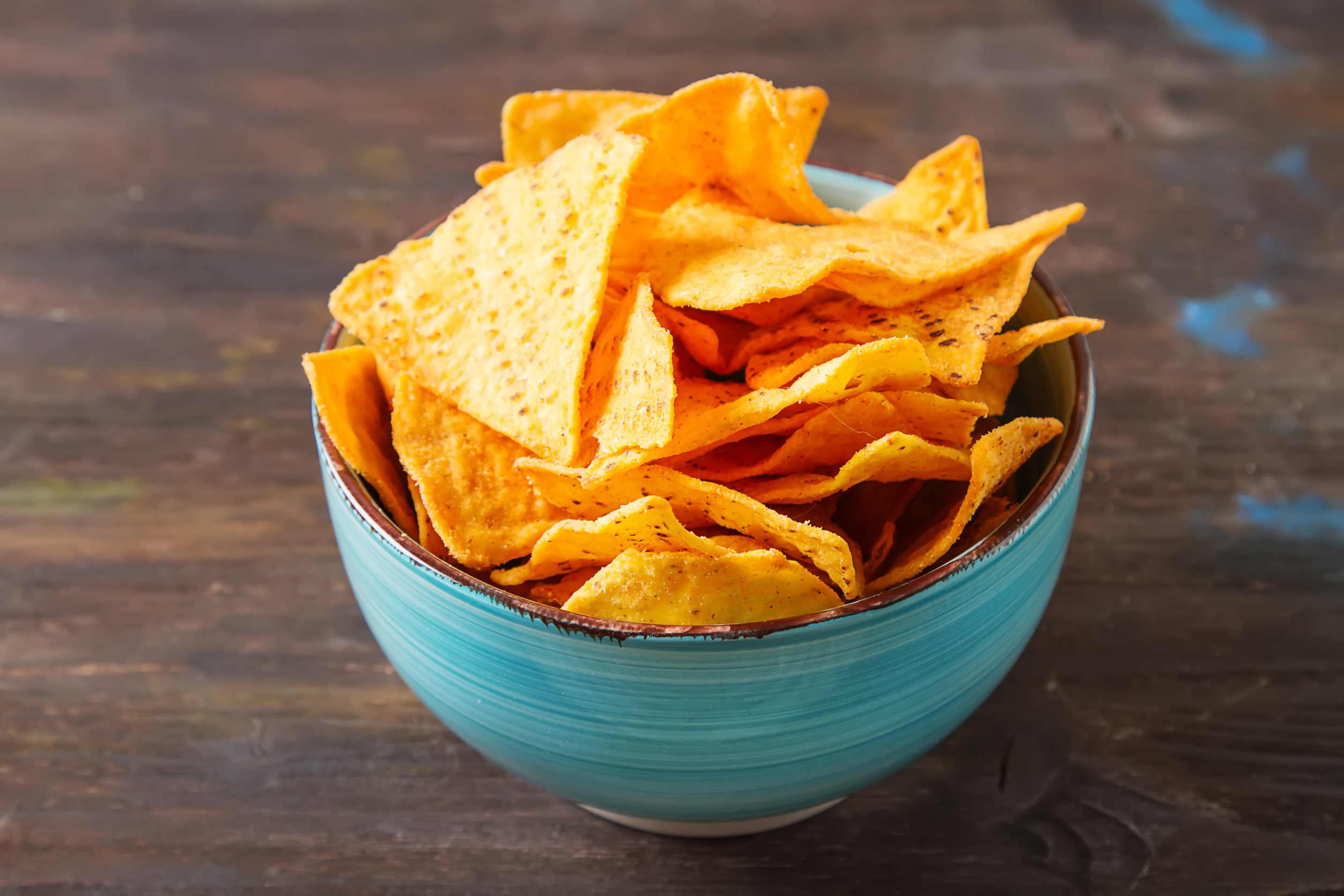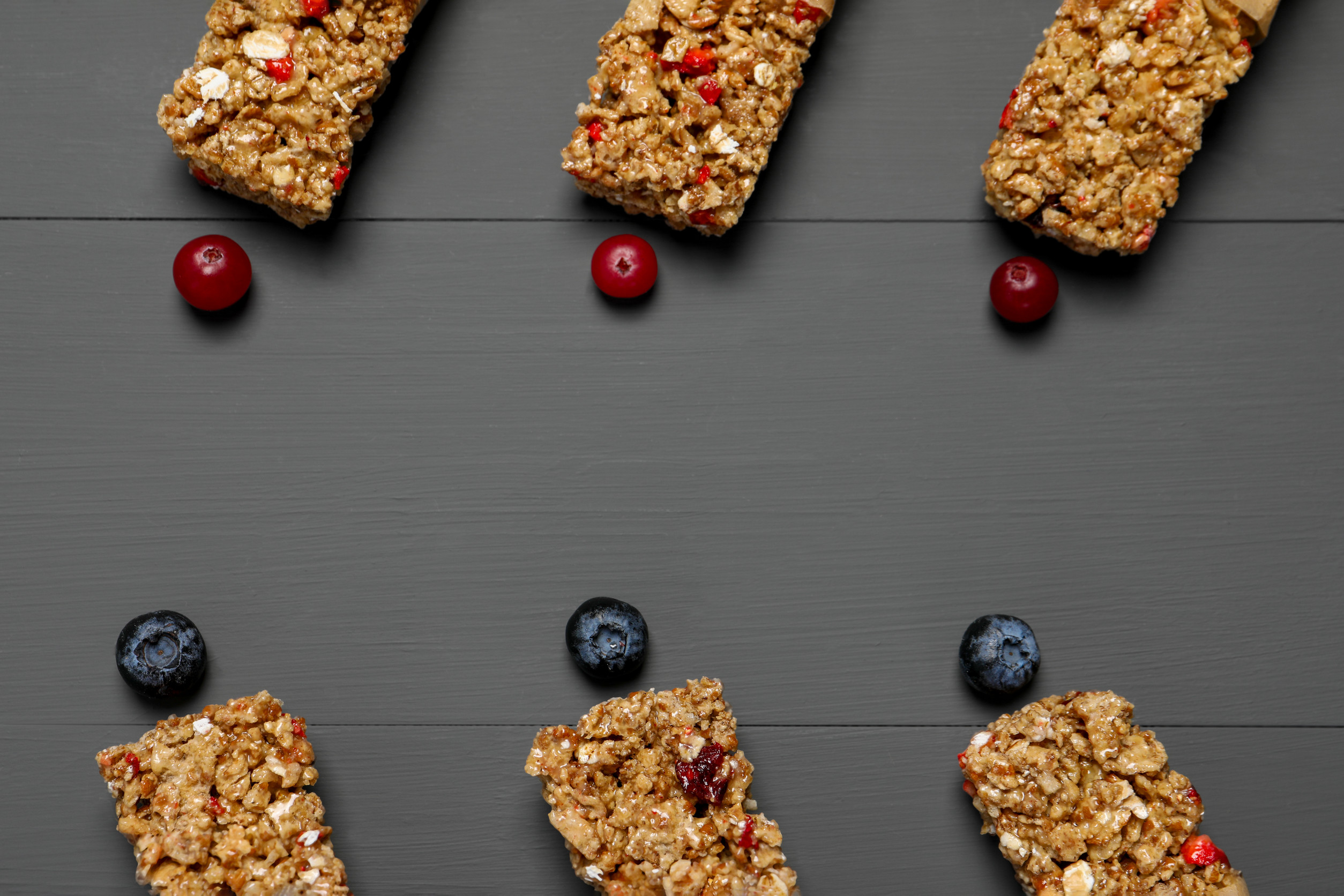
America is home to some of the most beloved snacks in the world, but are they good for you? From salty classics to sweet treats, some snacks provide surprising nutritional value, while others are loaded with sugar, sodium, and artificial ingredients. While indulging occasionally is fine, understanding which snacks are better choices can help you make healthier decisions. Below, we rank 12 iconic American snacks based on their health impact, breaking down the good, the bad, and the downright harmful.
1. Popcorn

Popcorn can be a nutritious snack—when prepared the right way. Air-popped popcorn is high in fiber and antioxidants, making it a great low-calorie option. However, microwave popcorn often contains artificial butter, unhealthy fats, and excessive sodium. Movie theater popcorn is even worse, packing in hundreds of calories and dangerous trans fats. If you love popcorn, opt for plain, air-popped kernels and season them with spices instead of butter.
2. Peanut Butter and Crackers
Peanut butter provides protein and healthy fats, but the crackers often tell a different story. Many brands use highly processed flour, added sugars, and hydrogenated oils. Choosing whole-grain crackers and natural peanut butter without added sugars or oils can make this a balanced snack. Watch out for portion sizes, as peanut butter is calorie-dense. For a healthier alternative, pair peanut butter with apple slices or celery sticks.
3. Twinkies
Twinkies are a nostalgic favorite, but they offer little nutritional value. Each golden sponge cake is packed with sugar, artificial flavors, and preservatives. With nearly no fiber or protein, they provide empty calories that lead to blood sugar spikes. The high fructose corn syrup and hydrogenated oils can also contribute to long-term health issues. If you crave something sweet, try a homemade banana bread or Greek yogurt with honey instead.
4. Trail Mix
Trail mix can be both a healthy and harmful snack, depending on what’s in it. Nuts and seeds provide heart-healthy fats and protein, but many store-bought varieties include chocolate, yogurt-covered raisins, and sugary dried fruits. These additions significantly increase sugar and calorie content, making it more of a dessert than a snack. To keep it healthy, make your own mix using raw nuts, unsweetened dried fruit, and a small amount of dark chocolate. Portion control is also key to avoiding excess calories.
5. Doritos

Doritos may be one of the most addicting snacks, but they are far from healthy. The bright orange chips contain artificial flavors, preservatives, and high levels of sodium. Their combination of fat and refined carbs makes them easy to overeat, leading to weight gain and potential heart health concerns. Additionally, the artificial colors have been linked to hyperactivity in children. If you need a crunchy alternative, try homemade baked tortilla chips with salsa or guacamole.
6. Fruit Snacks
Despite their name, fruit snacks are more like candy than actual fruit. Many brands use fruit juice concentrate instead of whole fruit, stripping away fiber and essential nutrients. They are also loaded with added sugars and artificial flavors, making them a poor snack choice. If you love chewy snacks, opt for dried fruit with no added sugar or fresh berries for a naturally sweet fix. Checking labels for minimal ingredients can also help you choose a better option.
7. Beef Jerky
Beef jerky can be a high-protein snack, but not all brands are created equal. Many commercial options contain excessive sodium, preservatives, and added sugars. Some brands even use nitrates, which have been linked to potential health risks. Choosing a natural, low-sodium jerky with minimal ingredients can make it a better snack choice. For an alternative, try homemade jerky or roasted chickpeas for a plant-based protein boost.
8. Granola Bars

Granola bars seem like a healthy choice, but many are packed with sugar and processed ingredients. Some brands contain as much sugar as a candy bar, negating any health benefits. If you’re looking for a nutritious option, choose bars made with whole ingredients like nuts, seeds, and natural sweeteners like honey. Reading the ingredient list is crucial to avoid hidden artificial additives. Better yet, make your own at home for full control over what goes in.
9. Cheese Puffs
Cheese puffs are highly processed and provide little nutritional value. They are often made with refined flour, artificial cheese flavoring, and unhealthy oils. These ingredients create a highly addictive snack that’s easy to overconsume. The high sodium content can also lead to bloating and increased blood pressure. A smarter choice would be baked cheese crisps made from real cheese or air-popped popcorn.
10. Oreos
Oreos may be one of the most famous cookies, but they don’t rank well on the health scale. Each cookie is loaded with refined flour, sugar, and hydrogenated oils. The combination of sugar and fat makes them highly palatable but also easy to overeat. While enjoying them occasionally is fine, eating them regularly can contribute to weight gain and blood sugar issues. A healthier dessert option would be dark chocolate with nuts or homemade oatmeal cookies.
11. Potato Chips
Potato chips are one of the unhealthiest snacks due to their high fat, sodium, and calorie content. Most chips are deep-fried in unhealthy oils, which can lead to inflammation and heart disease over time. Their addictive nature makes it easy to eat multiple servings without realizing it. For a better option, try baked chips, veggie chips, or roasted chickpeas. If you love crunch, raw veggies with hummus can also satisfy your craving.
12. Ice Cream Sandwiches
Ice cream sandwiches combine two processed foods—cookies and ice cream—into one sugary, calorie-dense treat. Most brands use artificial flavors, high fructose corn syrup, and unhealthy fats. Eating them frequently can lead to weight gain and increased risk of diabetes. If you love frozen treats, consider Greek yogurt with fresh fruit or homemade banana ice cream. These options provide natural sweetness without the excessive additives.
Should You Cut Out Your Favorite Snacks?
Not all snacks are bad, but being mindful of ingredients and portion sizes makes a big difference. Choosing whole foods over processed options can help you snack smarter without feeling deprived. If you love a certain snack, try finding a healthier version or making your own at home. Balance is key—occasional indulgences won’t ruin your health, but daily consumption of processed snacks can.
What’s your favorite American snack, and do you think it’s healthy? Let us know in the comments!
Read More:
Stop the Arguments! Here’s How to Have Difficult Conversations Like an Adult
6 Things Every 40-Year-Old Wishes They Knew at 25

Latrice is a dedicated professional with a rich background in social work, complemented by an Associate Degree in the field. Her journey has been uniquely shaped by the rewarding experience of being a stay-at-home mom to her two children, aged 13 and 5. This role has not only been a testament to her commitment to family but has also provided her with invaluable life lessons and insights.
As a mother, Latrice has embraced the opportunity to educate her children on essential life skills, with a special focus on financial literacy, the nuances of life, and the importance of inner peace.
